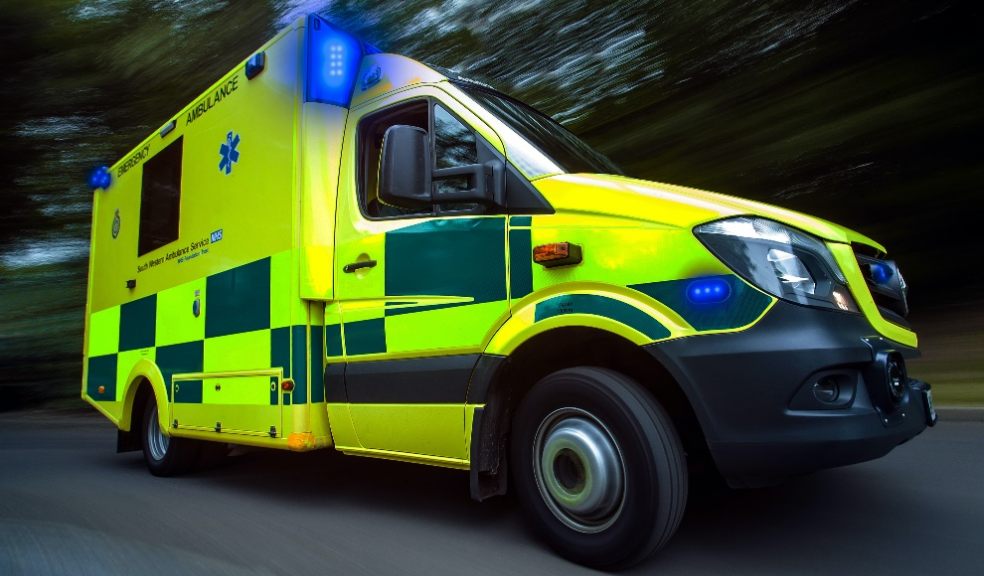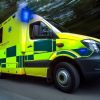
Ambulance service responds to 999 call spike
The Chief Executive of South Western Ambulance Service NHS Foundation Trust (SWASFT) is urging people only to call 999 in a serious emergency – as it deals with a surge in demand.
The Trust has experienced a significant increase in activity in recent weeks, with its people managing 20,154 incidents during the past seven days (11 to 17 September).
It dealt with more than 2,900 incidents a day on Saturday and Sunday, which was as busy as a typical New Year’s Eve.
Activity increased to a peak of 3,030 incidents on Monday, and is expected to remain very high this weekend.
Will Warrender, SWASFT CEO, is asking the public only to call 999 in a medical emergency when someone is seriously injured or ill, or their life is at risk.
He advises people to contact NHS 111 by phone or online if they have a less-serious, but urgent medical problem and aren’t sure what to do.
Will Warrender said: “Our people are working incredibly hard to keep you all safe, as we deal with incredibly high activity levels across the region.
“We have been responding to more than 200 additional incidents a day, which is putting substantial pressure on our resources.
“We are reviewing our resources to ensure we can continue responding to patients safely and effectively.
“We will always be there for the patients who need us, but we must ensure we can speak to and treat those with the most life-threatening injuries and illnesses first.
“Please help us to help you by only calling 999 in a genuine, life threatening emergency to ensure we can continue delivering care for those who need us.”
You should always call 999 if someone has stopped breathing, has severe chest pain, is choking, may be having a stroke, has serious blood loss, or is unconscious.
The main symptoms of coronavirus (COVID-19) are a high temperature, a new, continuous cough and a loss or change to your sense of smell or taste.
If you have any of these symptoms, try to get a test as soon as possible and stay at home until you get the result.

















